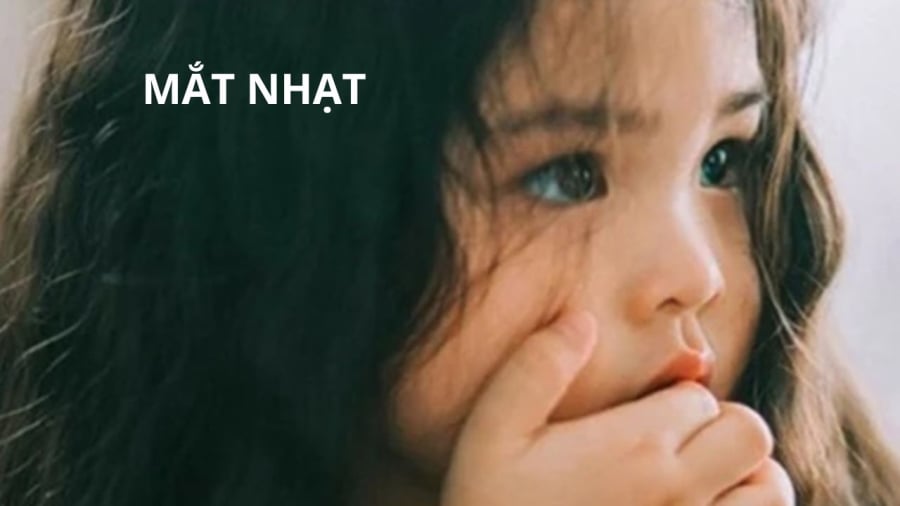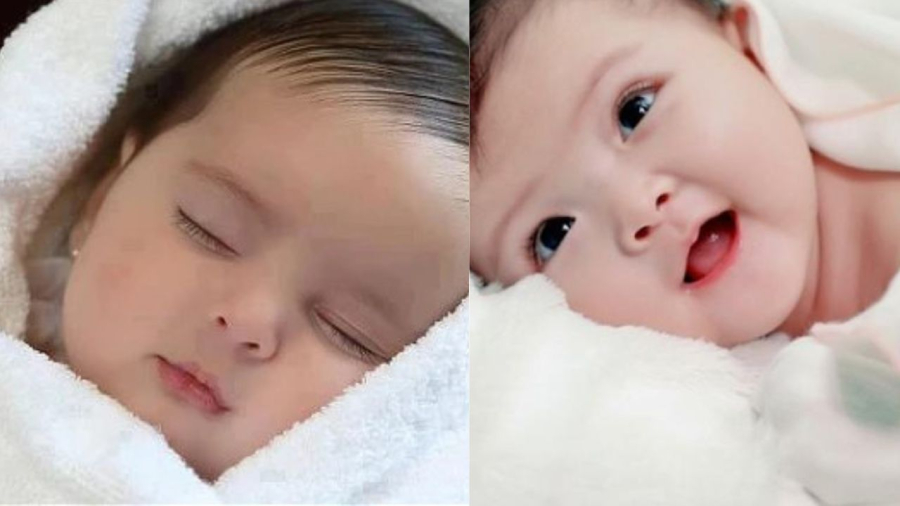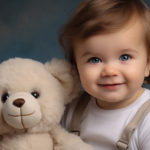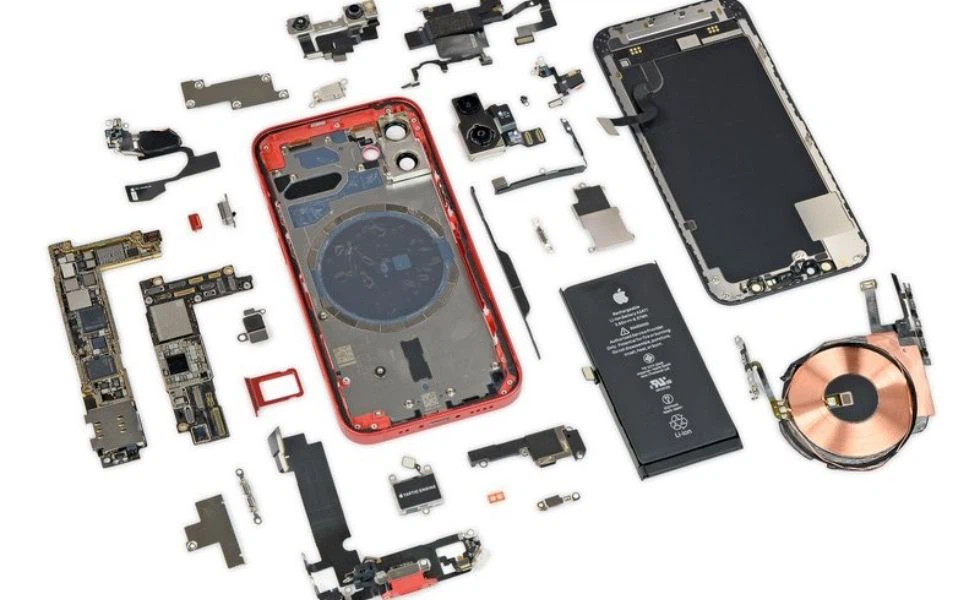Adults have a saying “face reading reveals the character,” “the baby’s face looks very intelligent,” “the face shows that the person is kind”… Although not completely 100% accurate, intelligence and temperament do have an impact on facial expressions. And according to that, babies with the following characteristics on their faces are more likely to be intelligent and have opportunities for success when they grow up.
Lighter eye color
According to a study by Washington University in the US, babies with lighter iris color tend to have better intellectual development and brighter future. This is because melanin, the pigment that creates eye color, is related to the activity of the brain. When the body has less melanin, brain cells tend to be more active and intelligence develops better. So don’t worry if your child doesn’t have dark eyes like many other babies. Of course, not all babies with dark eyes are not intelligent. Besides eye color, there are many other factors that determine a child’s intelligence and future.
Full forehead
Traditionally, people often say that a full forehead indicates intelligence. According to scientists, our brain is divided into 4 main parts, called “lobes”: frontal lobe, parietal lobe, occipital lobe, and temporal lobe. The frontal lobe is located just below our forehead. It is related to abilities such as reasoning, organization, planning, speaking, moving, facial expression, carrying out consecutive tasks, problem-solving, inhibitory control, spontaneity, initiating and regulating behaviors, attention, memory, and emotional control. Our reactions are determined by the prefrontal cortex in this part of our brain. Many surveys have found that a wider prefrontal cortex indicates better brain development. That is why physiognomists say that people with a high and full forehead are often intelligent.

Early smiling
American pediatrician Elin Wolf conducted a practical survey and found that babies who can smile early may have a higher IQ. This is because a child’s emotional expressions are directly related to reacting to external stimuli. It shows that the child’s brain develops fully and efficiently, so the child is usually smarter. Children who can smile early are usually very sensitive and have good observation skills when they grow up.
Stronger eye reactions
When we look at a person, we often observe their eyes. Vietnamese people have a saying that the eyes are the windows to the soul, reflecting our emotions and thoughts. Babies with agile and bright eyes, good and flexible reactions to the surroundings, show that they are very sensitive to external stimuli and their brains react quickly. Such children are usually intelligent and quick-witted. If a child’s eyes are dull and slow to react to the world around them, they are usually less intelligent or may be sick.

Does your child have any of these characteristics? If your child has many of them, congratulations, but don’t be complacent because besides IQ, a person’s life is determined by many other factors, so you need to nurture your child comprehensively. If your child does not have these characteristics, don’t be sad. It is just a reference for you to know how to nurture and focus on your child’s strengths and weaknesses. A child’s intelligence is not only determined by genetics but also by the environment, education, and learning… Moreover, a person’s life depends largely on the effort to train and improve oneself. Therefore, even if a child is not born with good innate qualities, they can still achieve greater accomplishments if they are nurtured, educated, and guided correctly. On the other hand, a child with good qualities but wrong education may experience setbacks.



































